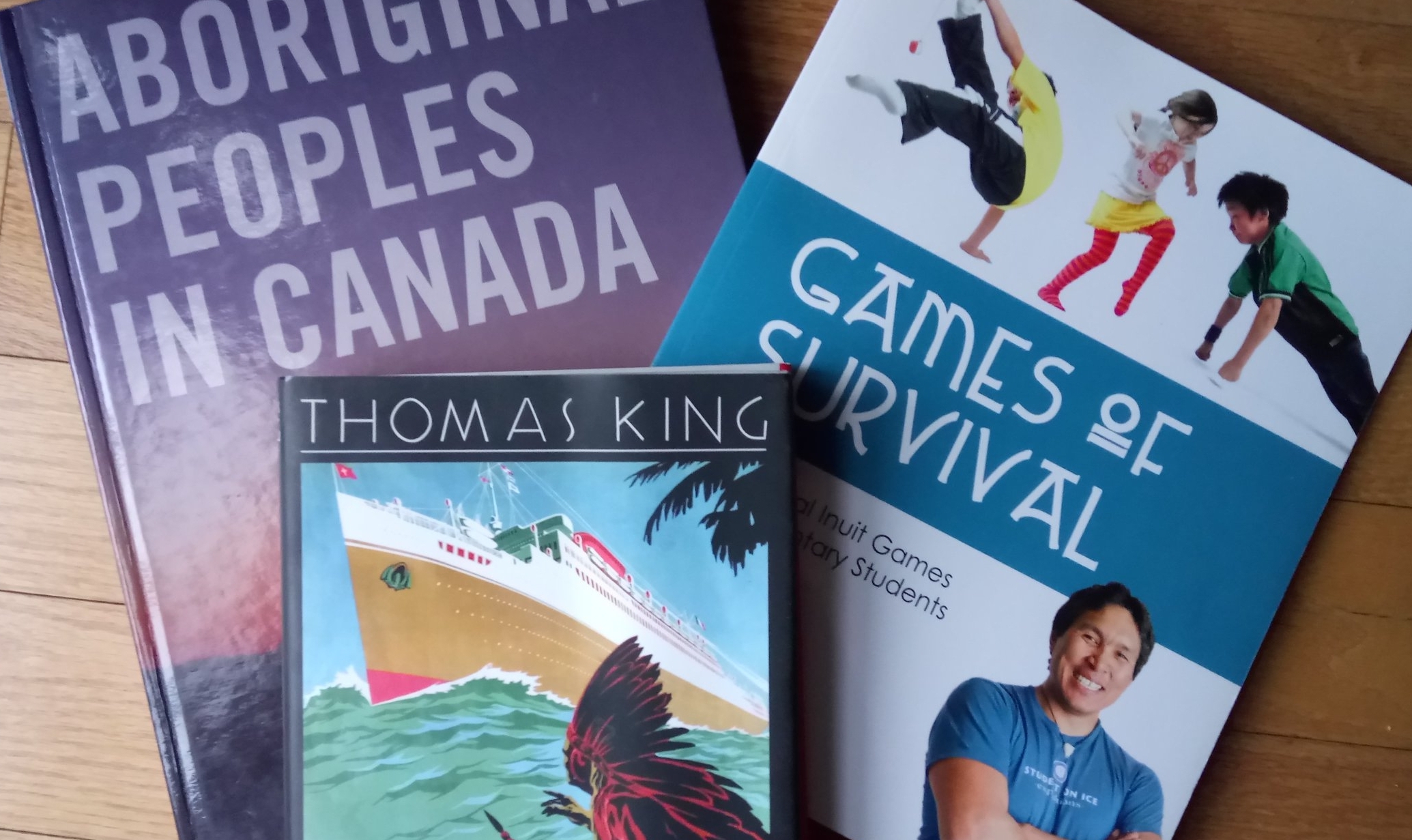One of the questions that I frequently get from teachers is "what can my students and I do to change things?" alluding to their desire to somehow contribute to justice on one of the many issues that Indigenous communities are facing. My response is always the same, get humble and get listening.
Some folks focus on collecting items and sending them to remote schools and communities. If someone in your school has a relationship with a teacher at a remote school on a reserve for instance, listen to that teacher and their colleagues about what might actually be useful to send. The library (if the school has a library)*** might be overwhelmed with an assortment of old books, while what the teachers really need are class sets of one particular novel.
I also encourage teachers to ask themselves, what are ways that our work can AMPLIFY the voices of Indigenous people?
If you are looking for your students to get more involved in the political process, you might be interested to learn about the campaigns already organized by the First Nations Family and Caring Society of Canada which is run by Cindy Blackstock. Their website has a specific place, Child and Youth Engagement where educators can find opportunities for their non-Indigenous and Indigenous students to get involved in this work.
One of those suggestions is to participate in Have a Heart Day, which takes place every February 14th, where non-Indigenous and Indigenous young people call for "love and fairness" for First Nations children and youth (specifically referring to the under funding of Indigenous education and Child Welfare by the Canadian government). The website provides relevant information, and suggests some cheeky actions, such sending a Valentine's Day card to the Prime Minister or the local MP with messages in support of the campaign. Click here to learn more.
*** "Less than 1 in 10 First Nations schools has a public library" according to GoodMinds.com
